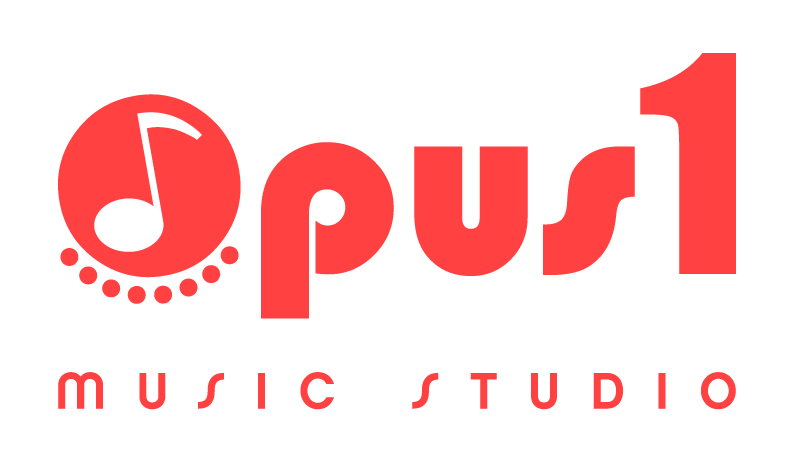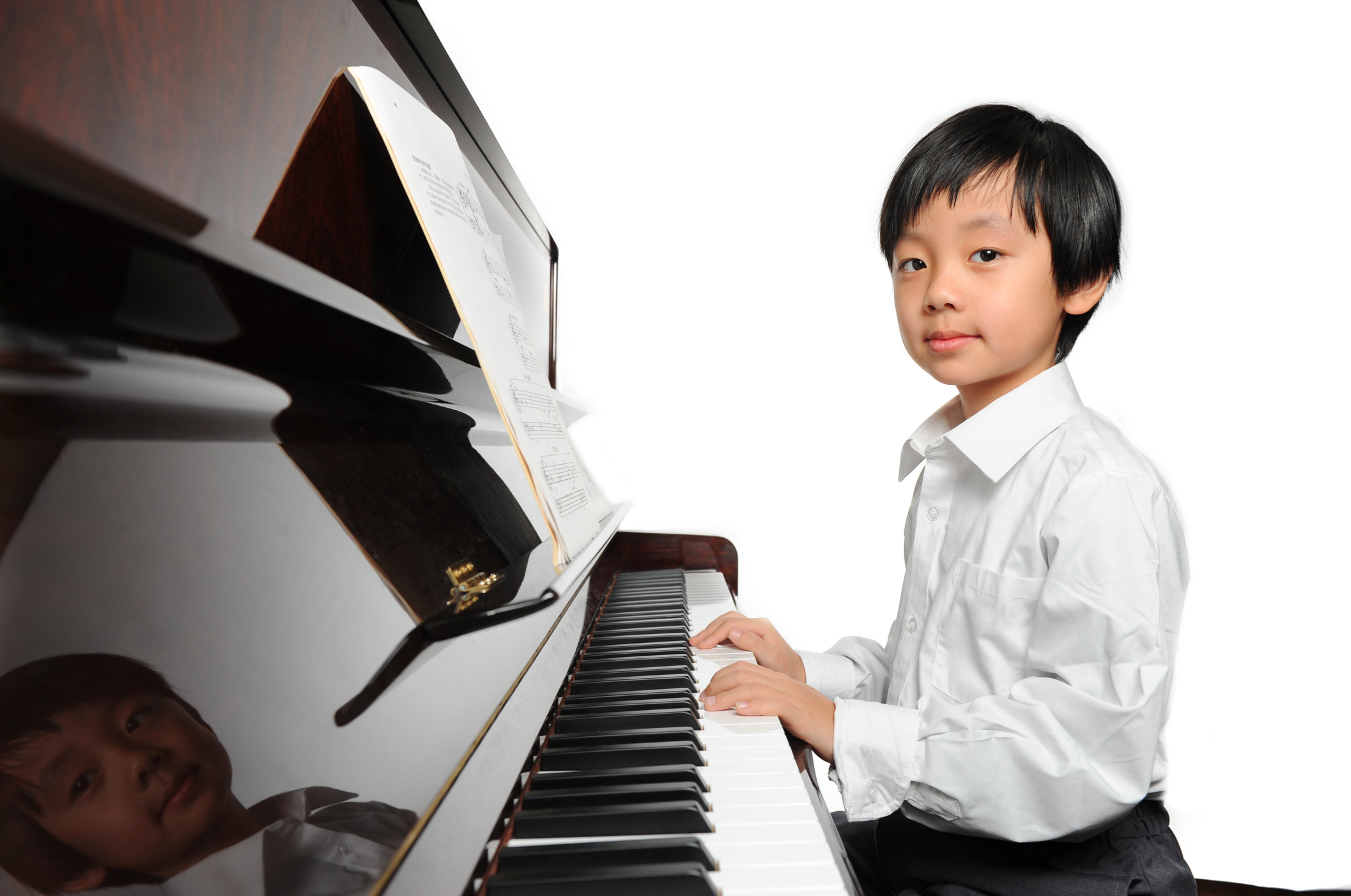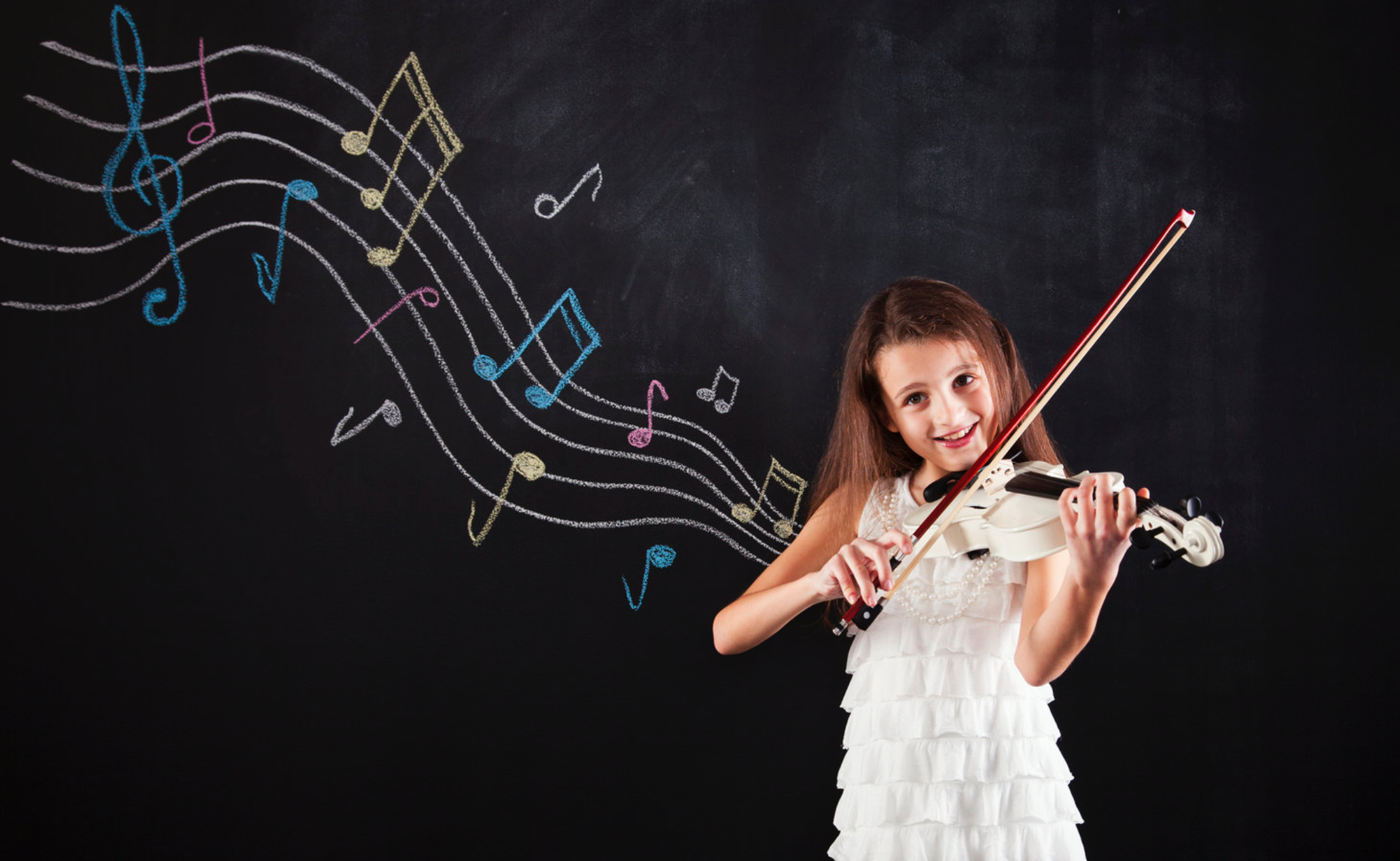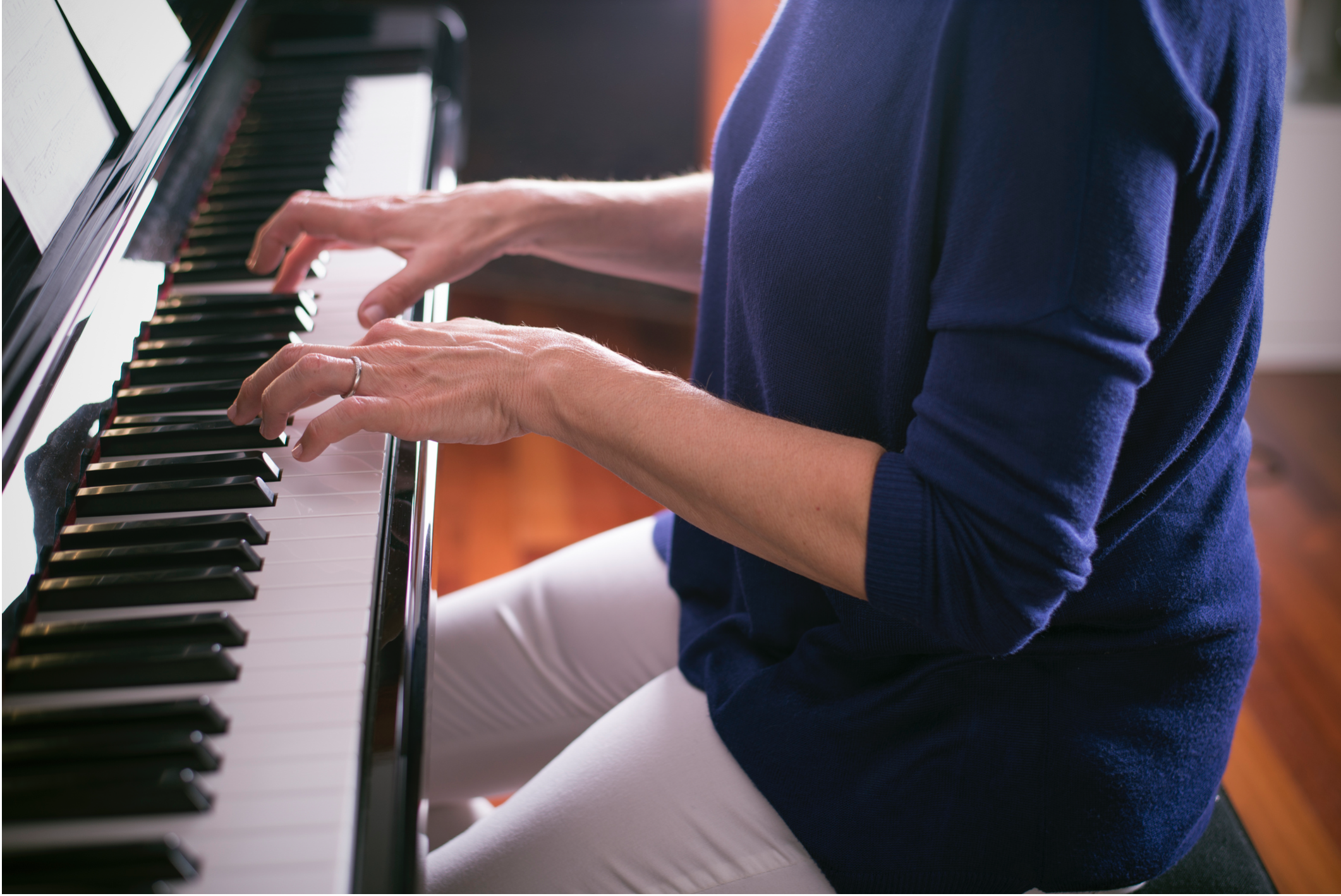Why learn music?
MUSIC FOR CHILDREN
A 2016 study at the University of Southern California’s Brain and Creativity Institute found that musical experiences in childhood can actually accelerate brain development, particularly in the areas of language acquisition and reading skills.
But academic achievement isn’t the only benefit of music education and exposure. Music ignites all areas of child development and skills for school readiness: intellectual, social and emotional, motor, language, and overall literacy. It helps the body and the mind work together.
Exposing children to music during early development helps them learn the sounds and meanings of words. Dancing to music helps children build motor skills while allowing them to practice self-expression.
For children and adults, music helps strengthen memory skills.
In addition to the developmental benefits of music, why is music important? Simply put, it provides joy and enriches our lives!
MUSIC FOR TEENAGERS
Can learning an instrument help a teenager with academics achievements?
According to the National Association of Music Merchants Foundation (NAMM Foundation), learning to play an instrument can improve mathematical learning and even increase SAT scores.
Additionally, learning music can help with applying to prestigious High Schools and Colleges. Many Scholarships grant opportunities to High School and College students involved in music education and music performance.
Every year, Opus 1 Students apply for High School or Colleges and list their musical achievements in their essays (Years of studying music, Performances / Recitals attended, Exam Grade Level achieved, Competitions etc.).
FOR ADULTS AND SENIORS
Does learning music benefits adults and seniors?
Absolutely! Playing an instrument as a child leads to a sharper mind in old age, according to a new study conducted by Brenda Hanna-Pladdy, a clinical neuropsychologist in Emory’s Department of neurology, and her colleagues.
Researchers found that those who had played an instrument for a decade or longer scored significantly higher on the tests than those with no musical background
(Quoted in Diane Cole, "Your Aging Brain Will Be in Better Shape If You've Taken Music Lessons," National Geographic, January 3, 2014).
Involvement in participatory arts programs has been shown to have a positive effect on mental health, physical health, and social functioning in older adults, regardless of their ability. The arts also contribute to communicating, building sense of identity, preserving or restoring social capital, and strengthening social networks in communities
(Arts in Aging report from the National Endowment for the Arts).
Frequently Asked Questions
When to start piano lessons?
It is never too early or too late to learn to play Piano! Of course the earlier you start as a child the more you will take advantage of the benefits of learning music (brain development, creativity, motor skills, self-confidence, culture, etc.).
Even babies under 1 or 2 years old, can start with an age-appropriate introduction to music group classes (Music Together for example). Toddlers between 3 and 6 can attend Piano group classes (Music For Young Children, My Little Mozarts, My First Piano. My First Piano Adventure). Children age 4 or 5 are usually ready to start private lessons where they will benefit from the most one-on-one attention, motivation, and progress faster.
How long does it take to learn piano?
If your goal is to become a professional classical music performer, it takes around 10 to 15 years of focused study with professional teachers and preferably starting at a young age. Daily practice and weekly lessons will be required.
This said, not everyone wants to become a professional pianist or violinist, most people learn music for their own enjoyment, to develop their culture, sensitivity, self-confidence, motor skills, etc. Within a year or two a young student will be able to play enjoyable music pieces (both classical, and pop). Within 3 to 5 years great results can be achieved. At which point one can master a remarkable repertoire of classical and pop pieces and really enjoy playing for life.
Most children who start learning music seriously will take lessons for about 10 years, from 5 or 6 years old, until college. Within that time frame, with daily practice and weekly lessons, regular recital performances, and, optionally, exams such ABRSM, CM or RCM, dedicated students will be able to play advanced pieces from the classical repertoire very well and build strong foundations for being able to play their instrument for life.
This applies to other instruments as well, Violin, Guitar, Voice, Cello etc.
How long should my child practice?
That is a great question and really depends on the student’s age and goals. The most important is not necessarily how long but how often, regularly, and how well students practice. Building an effective practice routine is probably the most important thing a teacher will instill in their students.
For all ages, the most important is to practice every day, even if only for a short, but focused, period of time.
For young students (ages 5-7), 5-10 mins daily focus is enough. More is better, but again the quality of the practice is more important than the length.
For young students (ages 8-10), 15-30 mins daily focus is a good goal. More is better, but again the quality of the practice is more important than the length.
For older students (teenagers), 15-30 mins daily for a casual learner is enough, serious students should practice for at least 30 mins, up to 1 or 2 daily hours depending on the goals (recital, exam, competitions, etc.).
For adults: Adults often don’t have time to practice as much as they should or want. 15-30 mins of practice on technique are important as often as possible (daily if possible) and as much playing and enjoyment for the rest of the time when life allows.
What do I need to get started with lessons?
(1) It’s important to have a nice instrument for students to play. All instruments including pianos, violins, cellos, and guitars can be rented at local stores and often have a plan that if you decide to buy the instrument, your paid rental costs will go toward the purchase. Piano students often begin with an electric piano, which should have a “full-keyboard” (all 88 keys) and the damper pedal, then after showing dedication, will often upgrade to a nicer acoustic piano.
(2) You’ll need to buy lessons books and sheet music (your teacher will let you know what to purchase depending on the student’s age and level).
(3) Depending on your instrument, you may need additional supplies, many of which are optional. String instruments require “rosin” that is applied to the bow in order for it to grip the strings, while guitars may require an amp and speaker if they’re electric. Metronomes, which help students keep a steady beat, are suggested but can easily be found on app stores for mobile devices. Additional supplies may be needed at your and your teacher’s discretion.
Can I take online lessons?
Yes! At Opus 1 Music Studio, we offer students the option to take their lessons via Zoom or in-person at any of our locations.
Are music lessons worth it?
Absolutely! There is a large number of benefits to taking music lessons. Piano lessons are worth it, voice lessons are worth it, violin lessons are worth it, cello lessons are worth it, guitar lessons are worth it, and group music classes are worth it!
What are the benefits of music lessons? In addition to giving students an outlet for creativity and expression, the mental and behavioral benefits are insurmountable. Scientific research has proven that playing a musical instrument ignites more areas of the brain simultaneously than any other activity - including sports! (watch this video to learn more about what music does to the brain). Learning a musical instrument teaches discipline, emotional expression, and even improves IQ. Music students have higher IQs and perform better in school than non-music students.
In the end, though, music touches everybody in one way or another, and acquiring the ability to play a musical instrument is one of life’s more precious skills. You’ll have a hard time finding someone who doesn’t wish they could play one. Whether it’s classical music, pop music, jazz, rock, heavy metal, movies, video games, or culturally expressive music, there is a type for everyone.
How much do music lessons cost?
You can find our Opus 1 Music Studio pricing by clicking here for private lessons. Opus 1 provides top-tier private music lessons and group classes. Our teachers come from the most prestigious schools in the world and have a variety of backgrounds that cater to your interests and expectations. Music lessons costs are competitive for our region. We understand it can be an investment and you might be hesitant to make a commitment. Have no fear, though! Opus 1 provides the opportunity for an affordable trial lesson at a discounted rate that allows you to experience a lesson or group class before enrolling.







